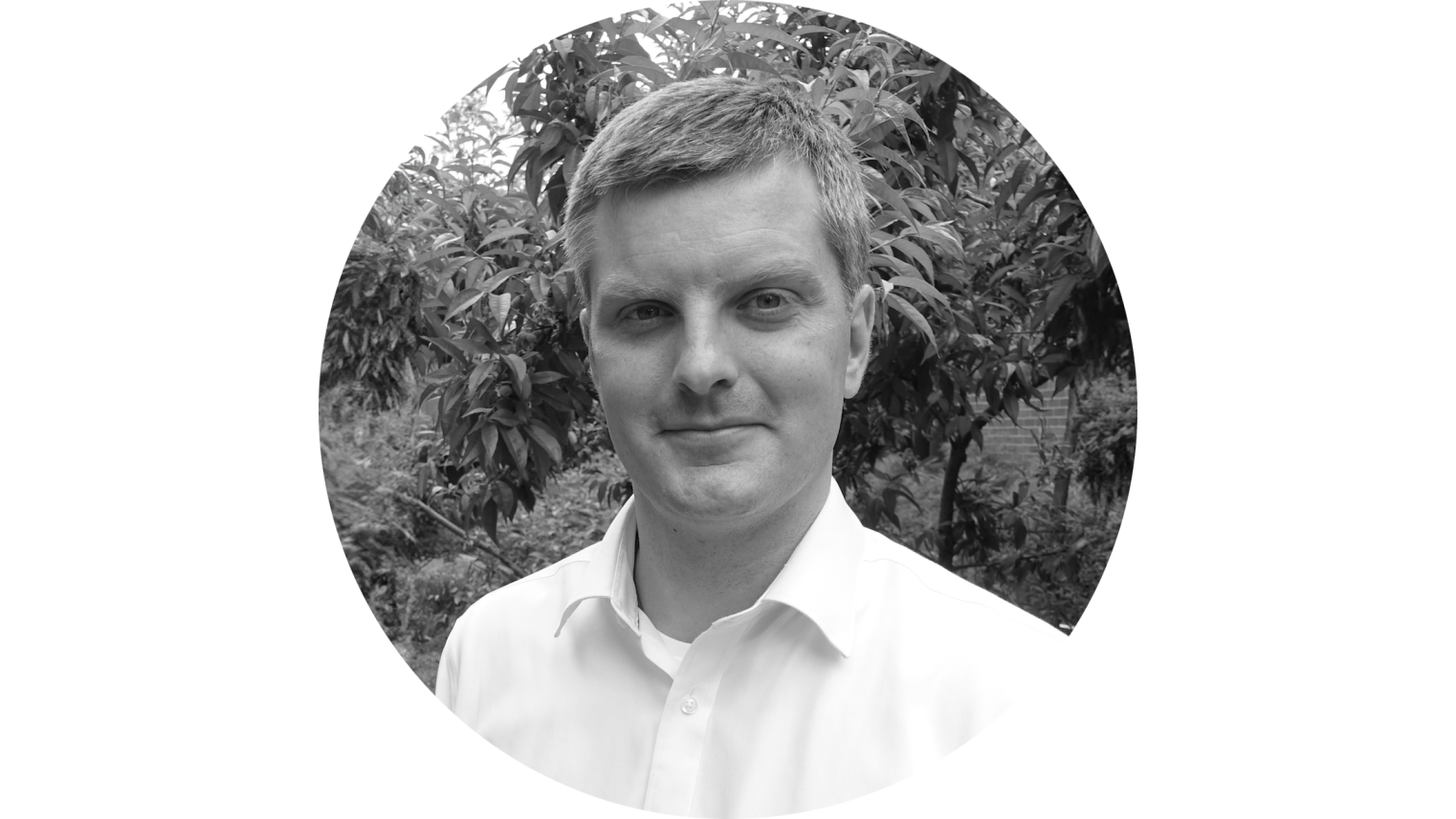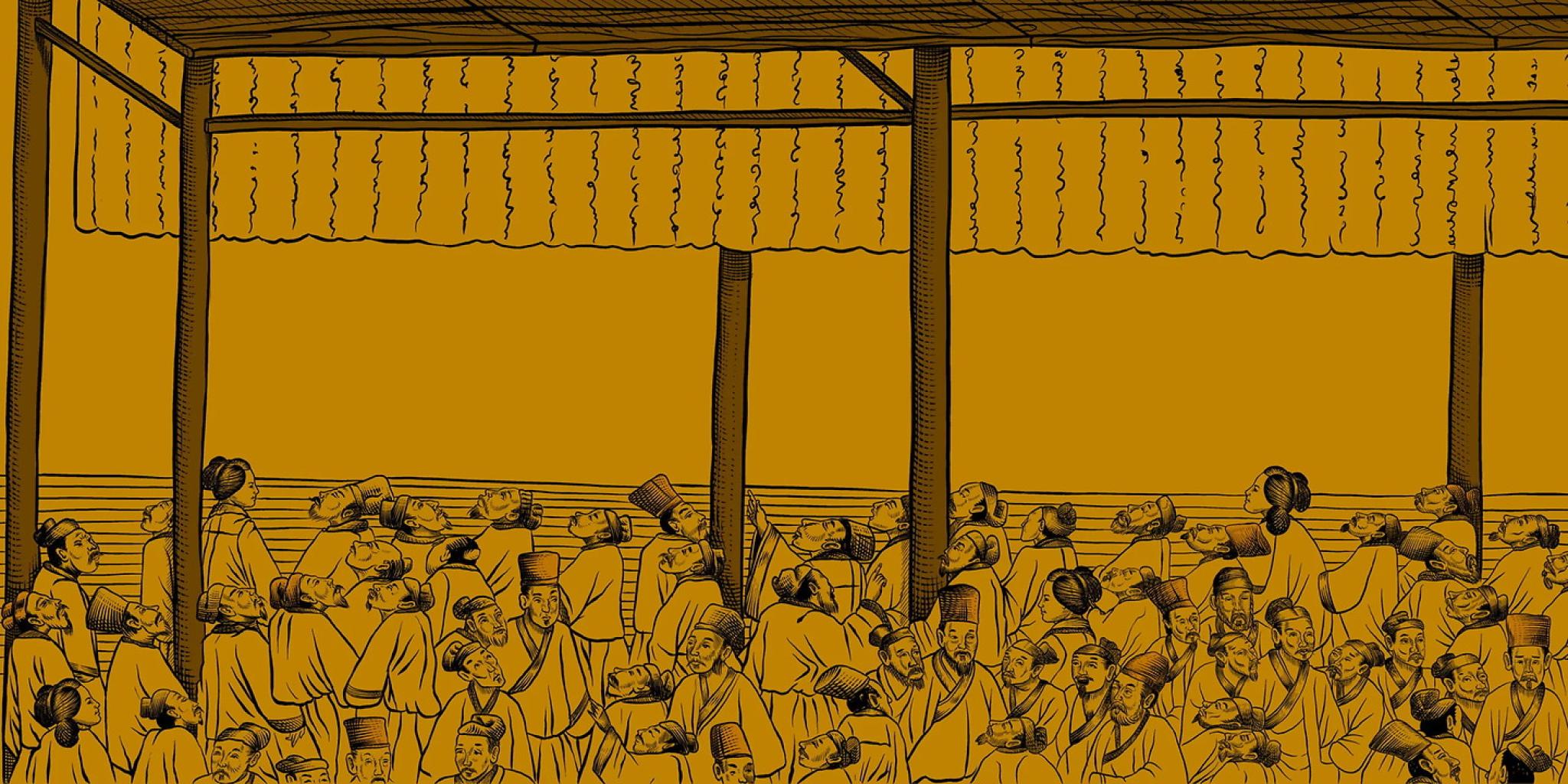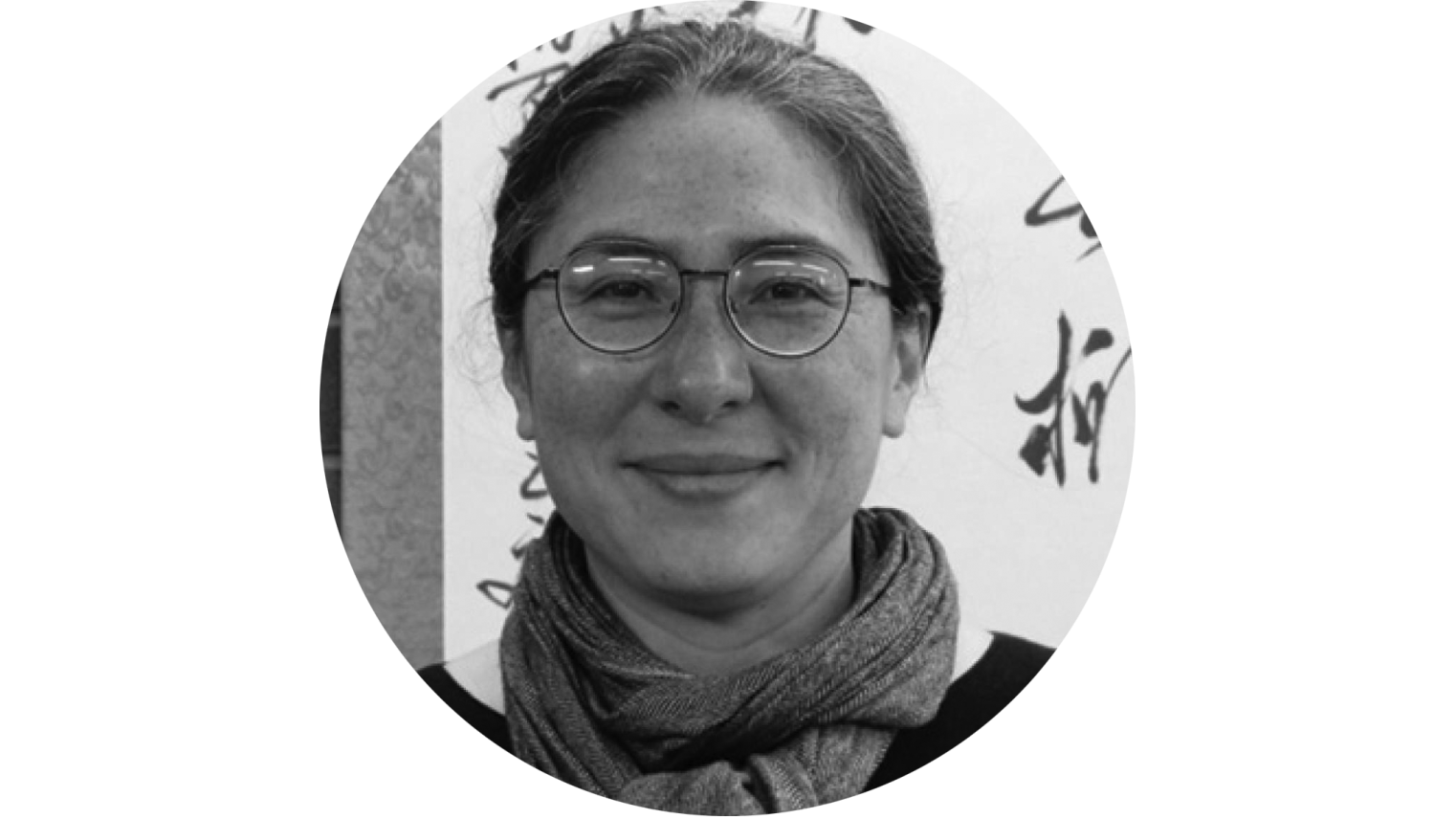
Michael Schimmelpfennig
After more than a decade of teaching and research at universities in Germany, I joined the Australian National University in 2013. One reason why I really enjoy teaching traditional Chinese studies at ANU, is the multicultural composition of courses. Classes with substantial numbers of native or heritage speakers of Chinese allows all participants to reach levels of engagement with knowledge about China in general, and Literary Chinese sources in particular, that can hardly be found elsewhere. I gladly accept the challenge of providing contemporary bearers of Chinese culture with insights that question their time-honoured beliefs for two reasons: first, it results in an enhanced outcome for all students with or without a China background in class; second, I take away much myself from such exchanges.
My research and teaching focus on early and early imperial China. Trained as a Sinologist at the University of Heidelberg, my research crosses the common boundaries between literature, philosophy, and history. If asked about my main area of interest, though, I would say that it revolves around early and early imperial Chinese literature in a broad sense.
Read more
My teaching covers all levels of Classical and Literary Chinese language. My Advanced Literary Chinese language courses range from anecdotal literature to newly excavated texts. I also offer broad, introductory courses into Chinese Culture, Chinese Literature, and Chinese Philosophy as well as more specialised courses like Methods in Sinology or courses on specific research subjects. I am very keen to engage students in research-lead learning in advanced courses. For example, I might ask them to conduct their own research into digitized collections of Anomaly Accounts (志怪) through analysis of key terms across different texts, or task them with the philological analysis and translation of previously untranslated excavated materials.
Read more
Trained in archaeology and art history, I seek to support my research into early Chinese literature with relevant knowledge of Chinese material culture. I also have a keen interest in questions of intellectual history, which I approach from the angle of textual interpretation. My study of the early history of commentary on the anthology Songs of Chu 楚辭 led me to examine the Chinese commentarial tradition more broadly. This has stimulated my further engagement with certain Chinese conceptual ideas related to social relationships and the possibilities of their meaningful representation in English.
Recently, I have also begun to explore the possibilities of employing algorithms to examine multi-layered texts that consist of a main text with a range of different commentaries. My aim here is to understand better the impact that traditional interpretation of canonical or otherwise relevant texts might have on modern and contemporary research of such sources.
Read more
“Scholars’ Backgrounds and Their Impact on Reading Newly Discovered Texts: Approaches to Zhongxin zhi dao (忠心之道)” in Shirley Chan (ed.). Reading Through Recovered Ancient Chinese Manuscripts. Sydney: Sydney University Press, 2020.
“Antlers? Or Horns? Towards Understanding Gan Bao 干寶, the Historian” in China in the World – The World in China – A Transcultural Perspective, 4 Vol., Natascha & Joachim Gentz, Barbara Mittler, Catherine Vance Yeh (eds.). Großheirath: Ostasien Verlag, 2019.
“How to Achieve Good Governance – Arguments in Tang Yu zhi dao 唐虞之道 (The Ways of Yao and Shun) and Zhong Xin zhi dao 忠信之道 (The Ways of Uprightness and Reliability) “ in Dao Companion to the Guodian Bamboo Manuscripts. Shirley Chan, Daniel Lee (eds.). New York: Springer, 2019.
“Immunity to Temptation – ‘Power’ in Chinese Language.” In Power: China Story Yearbook 2018, Jane Golley, Linda Jaivin, Paul Farrelly (eds.). Canberra: Australian National University Press, 2019.
回潮的技巧—更新的技巧:王逸与被认定已失传的刘安的《离骚传》 (The Skill of Reverting – the Skill of Renewal: Wang Yi and the supposedly lost Tradition of the Lisao by Liu An),“ Zhongguo xueshu 中国学术 (China Scholarship) Vol. 7.1:133-157 (2009).
“The Quest for a Classic: Wang Yi and the Exegetical Prehistory of his Commentary to the Lisao,” Early China 29: 109-160 (2004).
Read more
For general information on the Songs of Chu Chuci and my own research go to: http://www.schimmelpfennig-research.eu/ccbib/

Mark Strange
I trained as a Sinologist in the United Kingdom, as well as in the P.R.C. and Taiwan. My early interests were in traditional and early modern literature. But in my subsequent teaching and research, I have come to focus on the intellectual history and the historiography of traditional China. In particular, I study the history of political thought and action, and of philosophy. A recurring concern is with how historical knowledge is constructed and justified, and how it is connected to other intellectual activities (including political ones). These themes have been important not only to my own studies; they have also been a common feature of my courses in Chinese history and Literary Chinese language at the Universities of Warwick, Oxford, Cambridge and, since 2012, at the Australian National University.
I have three broad aims in pursuing these teaching and research interests. The first is to clarify how people of the past thought and acted. I try to make sense of the variety of languages through which different people from the Chinese past have engaged with the world around them. I therefore tend to draw heavily both on philological analysis and translation, and on a contextual understanding of the texts under study. My second aim follows the first—to remain rigorous yet sensitive in assessing why people from the past might have conceived of the world in ways very different to our own. I am committed to an assumption that writers from the past articulated ideas that, however far removed from our own views, were rational for them. That is why I seek to recover as precisely as possible what they were doing with their texts. How exactly might we interpret the language they used in ways that give their ideas coherence? What contexts might best make sense of the questions that they were seeking to answer with their texts? All that entails a third aim, which is to draw on the differences that we might discover in writers from the past as motivation for reflecting self-critically on our present assumptions and modes of living.
Read more
My teaching relates closely to my research in both method and content. The methodological point of departure for all my teaching and supervision, whatever the course or level of study, is close textual reading and analysis of different ways in which language is used. In my courses on all levels of Literary Chinese, from foundational to advanced, I take these methods as a main point of focus; translation is an important tool here. In other courses—on traditional Chinese history or the methods of Sinological research, for example—I use them to shape approaches to the materials under study. My aim throughout is to support students in developing tools that they might need for independent analysis of primary sources, whatever their specific areas of interest. For the same reason, these methods are also central to my graduate supervision and to the weekly Classical and Literary Chinese Reading Group.
In its content, much of my teaching is concerned with discovering as precisely and sympathetically as possible how people of the past expressed their ways of thinking about the world and acting in it. What, for example, does study of traditional Chinese history tell us about how political societies might be conceived and maintained? How might a rigorous understanding of Literary Chinese syntax encourage us to re-appraise ethical ideas derived from classical texts? Or how might close study of medieval Sinitic Buddhist texts shed light on our understanding of common-seeming features of modern Chinese language and thought? As in my own research, I am concerned with using the past to encourage critical reflection on present assumptions—my own assumptions above all!
Read more
Much of my research centres on the eleventh century AD. A long-running interest has been the life and work of the historian and statesman Sima Guang 司馬光 (1019-1086), especially his magisterial chronicle, Zi zhi tong jian 資治通鑑. I am engaged with reconstructing how Zi zhi tong jian contributed to debates of Sima Guang’s time, when the authority of historical knowledge in shaping present policy came under intense scrutiny. I am working on two selected translations of Zi zhi tong jian as well as on a multi-volume study of its historiography and political thought.
I also study the historical and political thought of the third to the sixth centuries. One of my particular interests in this period is how Sinitic Buddhist thought was used as a resource in the intellectual and political discourses of the time. Emperor Wu of Liang 梁武帝 (r. 502-548) has recurrently drawn my notice for his radical attempts to use Buddhist thought as justification for political action. He is the focus of an on-going series of studies.
Read more
Treatise on Awakening Mahāyāna Faith, tr. with John Jorgensen, Dan Lusthaus, and John Makeham, New York: Oxford University Press, 2019.
‘When Emperor Wu met Bodhidharma: a reading of mid-Tang religious policy’, Asia Major 31.1, 2018: 116-165.
‘Sima Guang,’ in Berkshire Dictionary of Chinese Biography, Kerry Brown, ed., Great Barrington, MA: Berkshire Publishing, 2014, vol. 2, pp. 664-683.
‘Representations of Liang Emperor Wu as a Buddhist Ruler in Sixth- and Seventh-century Texts,’ Asia Major 24.2, 2011: 53-112.
‘An Eleventh-Century View of Chinese Ethnic Policy: Sima Guang on the Fall of Western Jin,’ Historical Sociology 20.3, 2007: 235-58.
‘A Reading of Hou Jing’s Rebellion in Zizhi tongjian (Comprehensive Mirror to Aid Government): The Construction of Sima Guang’s Imperial Vision,’ in Reading China: Fiction, History and the Dynamics of Discourse, Daria Berg, ed., Leiden: E.J.Brill, 2006, pp.200-37.
Read more
For further information on my research, including copies of published papers, see: https://anu-au.academia.edu/MarkStrange

